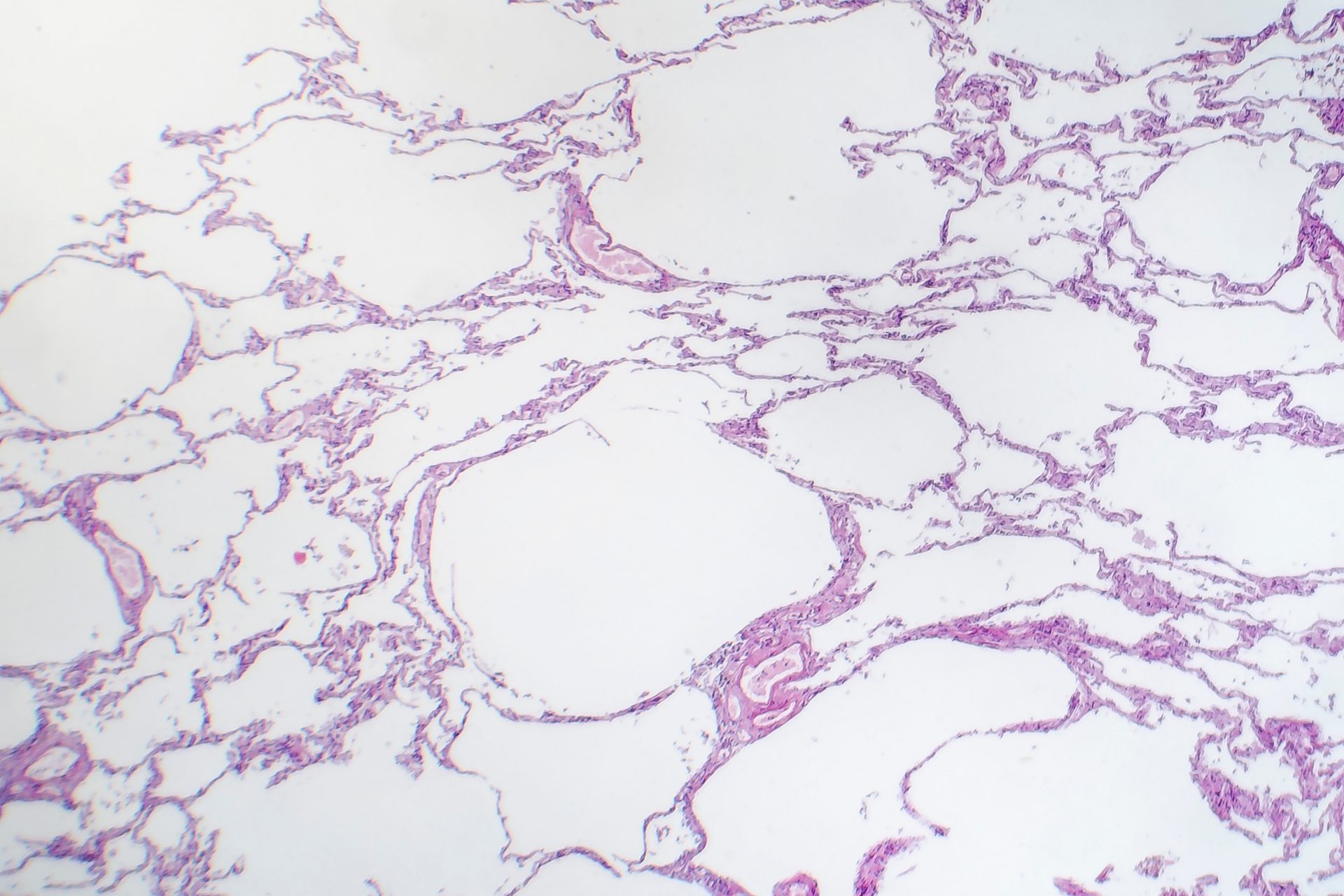Diagnoses
Lung cancer is a progressive malignant growth or tumour in the lung. It is usually caused by cigarette smoking but it can occur in non-smokers too.
Lung cancer shows as a mass (sometimes called a shadow) on a chest x-ray or CT scan and might be found by chance. It might also be found when x-rays or CT scans are done to investigate symptoms including persistent cough, blood in the sputum, breathlessness, chest pains, or other health problems like fatigue or loss of weight.
Sometimes these masses or shadows on the x-rays or CT scans are due to secondary cancer that has spread from another organ – and not actually a cancer of the lung itself. The diagnosis will usually need a biopsy once all the relevant tests have been completed including CT scans, blood tests, lung function tests, ECG, and sometimes another scan called PET-CT.
Treatment of lung cancer will aim to cure if it is localised – either with surgery or radiotherapy – provided the person is fit to receive such treatment. More advanced cancer can be controlled with drugs (systemic anti-cancer treatment) and the choice of treatment will depend on knowledge of the specific type of cancer cell from biopsy. Sometimes, treatment is more likely to do harm than good.


